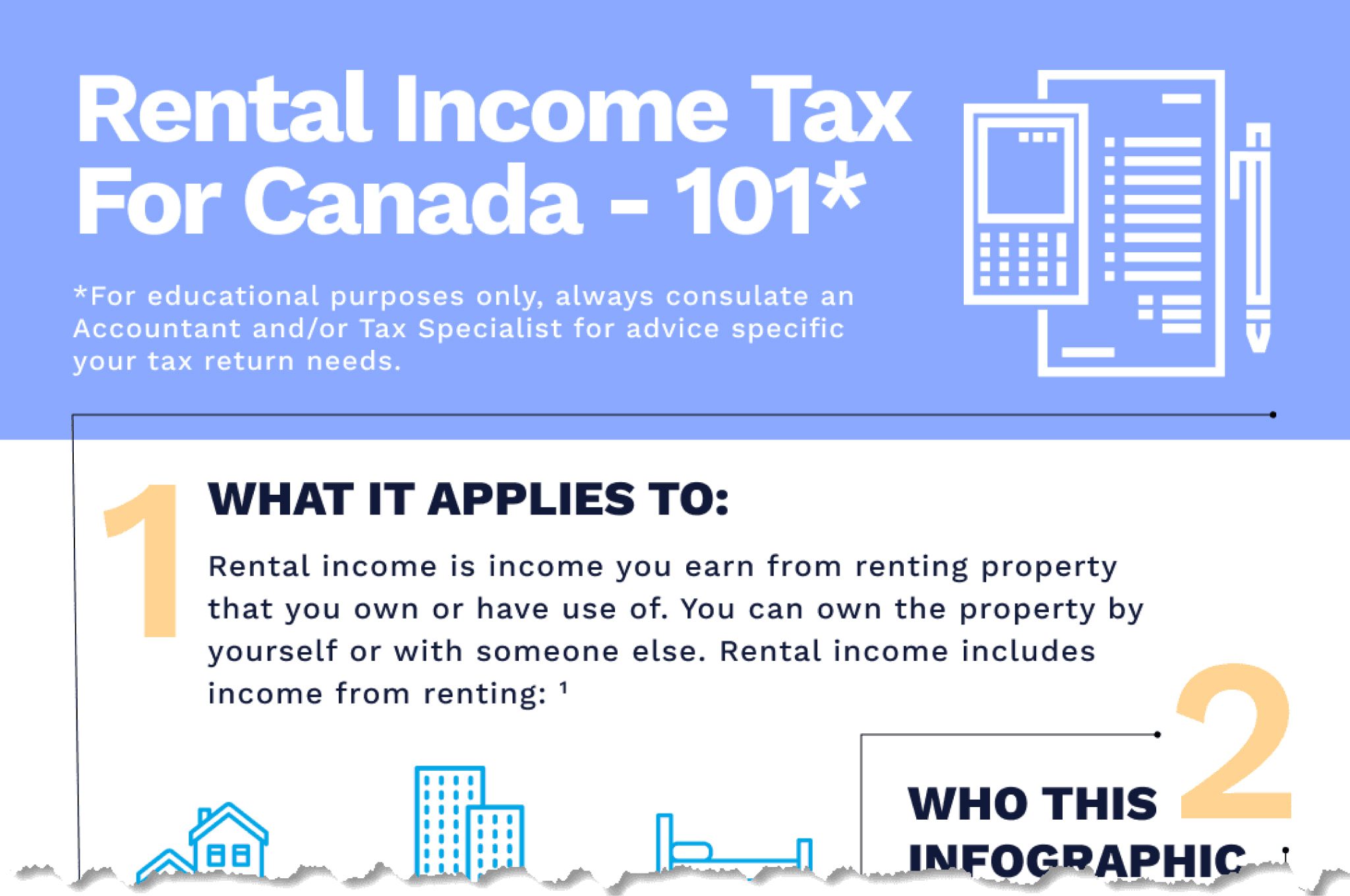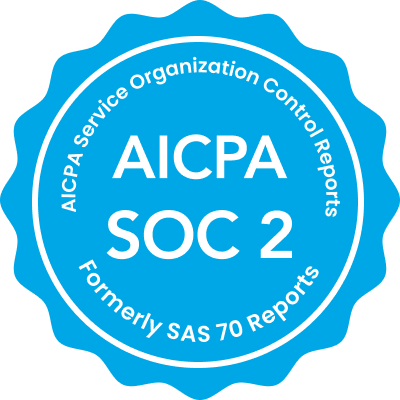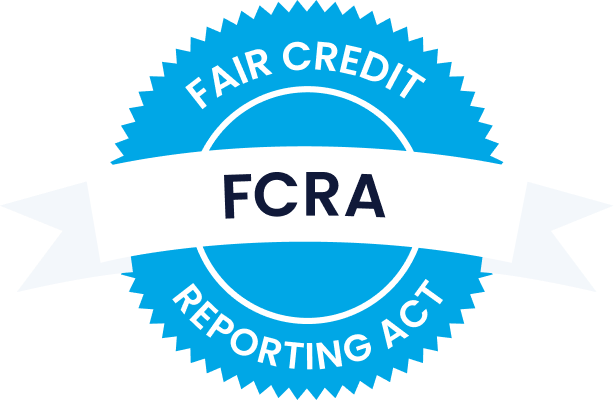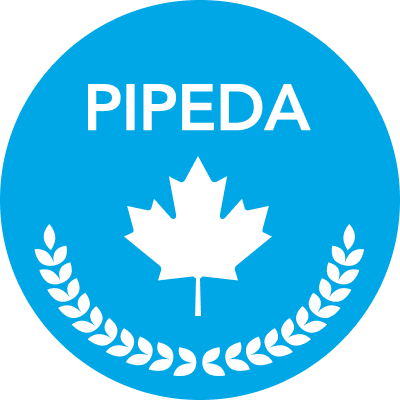As a landlord, you must report your rental income and expenses on your personal tax return (the difference between the two is your net rental income). However, if you’re a new landlord, knowing how to navigate the tax laws around rental income can be an intimidating experience. It can be tough even to know where to begin.
In this article, we’ll cover some valuable tax information to help you prepare for your first tax season as a landlord. You’ll learn how to calculate your rental income, what expenses you can deduct, how to report your earnings to the Canada Revenue Agency (CRA), and more. We’ll also provide some tips for minimizing your tax bill.
*Please note this article is for educational purposes only, always consulate an Accountant and/or Tax Specialist for advice specific to your tax return needs.
Check out our Rental Income Tax Infographic for Canadian Rentals!

Why you should start planning for tax season early
On your personal tax return, you must report to the CRA the total rental income you earned during the calendar year, meaning January to December. You’ll need to include it as part of your total taxable income, which the CRA uses to determine your federal and provincial tax.
Since the law requires you to file your tax return by April 30th (June 15th if you’re self-employed), you may decide to wait until after December to tally up your income and expenses. However, it’s a good idea to kickstart this process before tax season rolls around. Ideally, aim to begin preparing your books in October or at least the beginning of December.
The reason it’s wise to assess your numbers early is so you can estimate the amount of tax you’ll need to pay to the CRA. By knowing this figure in advance, you’ll have the opportunity to make crucial decisions about how to structure your deductions to minimize your tax bill.
For example, suppose you anticipate that your total rental income for the year will bump you into a higher tax bracket. As a result, you’ll face a heftier tax bill than usual.
In that case, it may be worthwhile to carry out necessary repairs and maintenance on your rental before the year ends rather than postponing them for the following year. You can deduct these costs against your rental income to lower your profit, thereby avoiding the higher tax bracket.
How to calculate your rental income
To calculate your rental income, multiply your monthly rent by the number of months in the year in which you received payment. The resulting figure is your gross rental income. Next, subtract your total yearly expenses from your gross rent income to determine your net rental income. This figure is the amount you’ll need to report as part of your taxable income on your tax return.
The CRA prefers that you calculate your rental income using the accrual method. Under this method, you report your monthly rent when you earn it during the year, no matter when you receive the actual money from your tenant. Similarly, you deduct any expenses you incur during the year, even if you never actually paid for them.
However, most landlords report their transactions using the cash method. Under this method, you only record your rental income and expenses when you collect or disburse cash.
You can utilize the cash method only if:
- You have no amounts receivable and no expenses outstanding at the end of the year, and
- If your net income would be practically the same under the accrual method
How to report your rental income to the CRA
To report your rental income to the CRA will accept other types of financial statements, however the CRA highly encourages you to use Form T776, Statement of Real Estate Rentals. In this form, you’ll fill in your personal information, income, and eligible deductions, including depreciation. You must submit this form (and any tax you owe) with your tax return by April 30.
Click here for details on how to complete this document.
You don’t need to submit a copy of your expense receipts alongside the T776 form. However, the CRA requires that you keep receipts, bank statements, and other relevant financial documents for seven years in case they wish to review them.

How to claim your rental deductions
You can classify rental income expenses into two categories: current expenses and capital expenses.
Current expenses
Current expenses are the everyday costs you incur to maintain your rental property throughout the year. They recur after a short period and don’t produce any long-term value.
You can deduct any current expenses necessary to operate your rental. These include:
- Repairs and maintenance
- Cleaning costs
- Mortgage interest
- Home insurance premiums
- Advertising costs
- Property taxes
- Utilities
- Office supplies
- Management fees
- Travel expenses
- Professional services (accounting, legal, etc.)
- Condo or strata fees
If your rental isn’t your principal residence, you can claim the total amount of each eligible expense.
Conversely, let’s say your rental is part of your principal residence. In that case, you can deduct 100% of expenses incurred wholly to earn rental income and a prorated portion of those that pertain to the entire property. For example, you can deduct 100% of a repair bill that relates strictly to the basement suite you’re renting out to a tenant but must prorate the property taxes.
Capital expenses
Capital expenses are costs you incur that add substantial value to your property, either by enhancing or extending its useful life. You can view them as investments rather than expenses.
Any significant renovations or constructions you undertake to improve your rental is a capital expense. Examples include:
- Installing hardwood flooring throughout your entire rental.
- Replacing your kitchen cabinets
- Transforming your unfinished basement into a complete rental suite.
Capital expenses can also include furniture, equipment, and appliances within your rental. And, of course, the rental property itself is a capital expense.
You cannot claim the total cost of these expenditures as expenses against your rental income in the year you incur them. Instead, you can deduct the cost over several years by claiming capital cost allowance (CCA). This fancy term is the CRA’s version of depreciation.
Interestingly, you can claim CCA in the current tax year or defer the deduction to future years. This feature of CCA provides the opportunity for some tax planning opportunities.
For example, let’s say you expect to earn little income in the current year. In that case, it may be more advantageous to “save” these deductions for future years when you may find yourself in a higher tax bracket.
Our Final Thoughts
You can learn a lot more about the tax implications of rental income. However, this guide should give you enough clarity about the basic rules so that you won’t feel overwhelmed when tax season arrives.
Understanding what forms to fill out and what deductions to claim is crucial. But if there’s one thing you take away from this article is that it pays to start planning early.
Assemble your receipts and invoices and get your books ready before December ends. By knowing your financial figures in advance, you’ll have the opportunity to engage in strategic tax planning to ensure you pay the least tax possible. Wisely timing your current expenses and CCA deductions can help you lower your tax liability.
One last tip: If everything we said still makes you feel uneasy, don’t hesitate to hire an accountant or bookkeeper to help you sort through the tax laws. A seasoned tax expert with real estate knowledge is invaluable and can save you a lot of hassle and headaches. Please note, this article is for educational purposes only; always consult an accountant and/or tax specialist for advice specific to your tax situation.
Though SingleKey doesn’t offer tax advice, we provide a suite of helpful products and services to make your landlord experience more enjoyable and stress-free. One of these is the Rent Guarantee program, which can help cover lost rent payments, property damage, and legal fees resulting from a delinquent tenant. Visit our Rent Guarantee page to learn how this service can protect your rental property from financial disaster.




